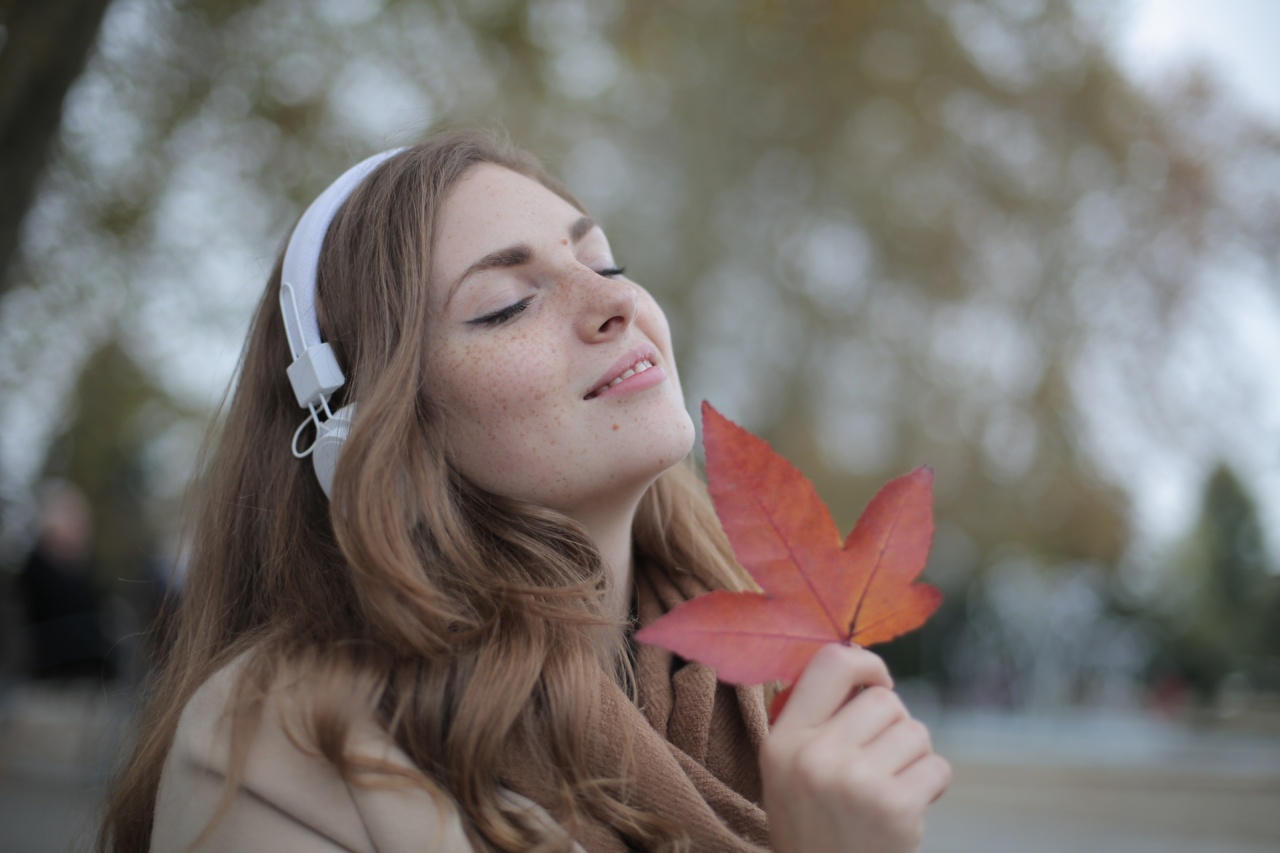Hair fall is a common problem faced by many individuals. While it is normal to lose some hair strands each day, excessive hair fall can be a cause for concern.
There are several factors that can contribute to hair fall, including genetics, medical conditions, and lifestyle choices. In this article, we will focus on some common mistakes that can lead to hair fall and ways to avoid them.
1. Using harsh hair products
Using hair products that contain harsh chemicals can damage the hair follicles and lead to hair fall. It is important to choose gentle shampoos, conditioners, and styling products that are suitable for your hair type.
Look for products that are free from sulfates, parabens, and alcohol, as these ingredients can strip the hair of its natural moisture and make it more prone to breakage.
2. Over-styling and using heat tools
Excessive styling and using heat tools such as straighteners, curling irons, and blow dryers can weaken the hair shaft and cause hair fall.
The high temperatures from these tools can damage the hair cuticles, making the hair more susceptible to breakage. It is advisable to limit the use of heat tools and always apply a heat protectant spray before styling.
3. Tight hairstyles
Wearing tight hairstyles such as ponytails, braids, or buns can put unnecessary tension on the hair, leading to hair fall. Constant pulling and tugging can weaken the hair roots and cause breakage.
Opt for looser hairstyles and avoid using hair accessories that are too tight or have sharp edges.
4. Poor diet and nutritional deficiencies
A poor diet lacking essential nutrients can impact the health of your hair and lead to hair fall. Hair follicles require a range of vitamins, minerals, and proteins to grow strong and healthy.
Ensure that your diet includes a variety of fruits, vegetables, lean proteins, and healthy fats. Consider incorporating foods rich in Vitamin A, Vitamin C, Vitamin E, biotin, iron, and zinc for optimal hair health.
5. Stress and lack of sleep
Stress and lack of sleep can disrupt your body’s natural hair growth cycle, leading to increased hair fall. Chronic stress can push hair follicles into a resting phase, causing them to shed more easily.
Make efforts to manage stress through activities such as meditation, exercise, or spending time with loved ones. Additionally, aim for 7-8 hours of quality sleep each night to allow your body to repair and regenerate.
6. Not washing hair regularly
While it may seem counterintuitive, not washing your hair regularly can contribute to hair fall. A dirty scalp can clog hair follicles and lead to inflammation, which can hinder hair growth and cause shedding.
Find a balance and wash your hair every 2-3 days using a gentle shampoo that suits your hair type.
7. Excessive exposure to sunlight
Excessive exposure to the sun’s harmful UV rays can damage the hair shaft, making it weak and prone to breakage. Protect your hair from the sun by wearing a hat or scarf, especially during the peak hours of sunlight.
You can also use hair products containing UV filters to shield your hair from sun damage.
8. Using hot water for hair wash
Hot water can strip the hair of its natural oils, leaving it dry and brittle. This can eventually lead to hair fall. It is recommended to wash your hair with lukewarm or cool water to maintain its health and prevent unnecessary breakage.
9. Ignoring scalp health
The health of your scalp is crucial for healthy hair growth. Neglecting scalp care can lead to issues like dandruff, dryness, or excessive oiliness, which can hinder hair growth and promote hair fall.
Ensure to keep your scalp clean, well-moisturized, and free from any infections or inflammation by regularly washing and nourishing it.
10. Not seeking professional help
If you are experiencing excessive hair fall despite making lifestyle changes, it is important to seek professional help. A dermatologist or a trichologist can help diagnose the underlying cause of your hair fall and recommend appropriate treatments.
Delaying professional intervention can aggravate the problem and lead to further hair loss.




























